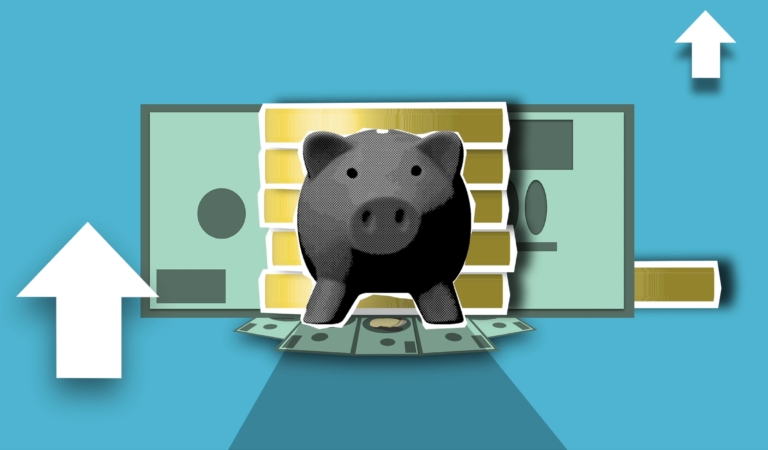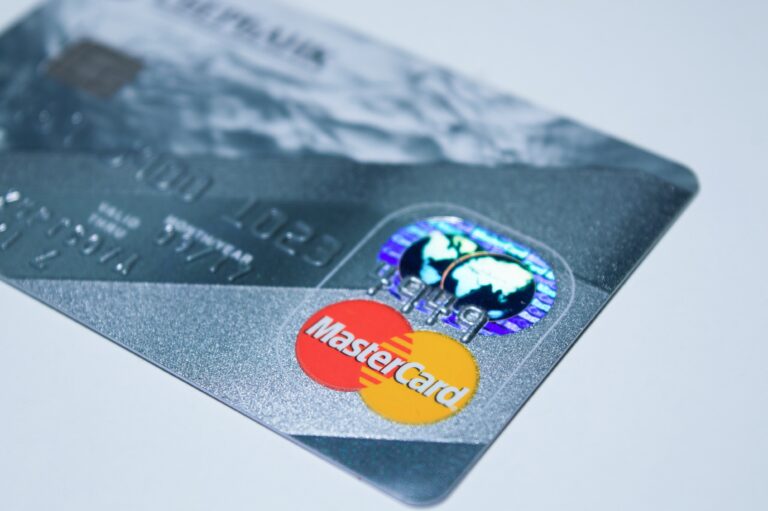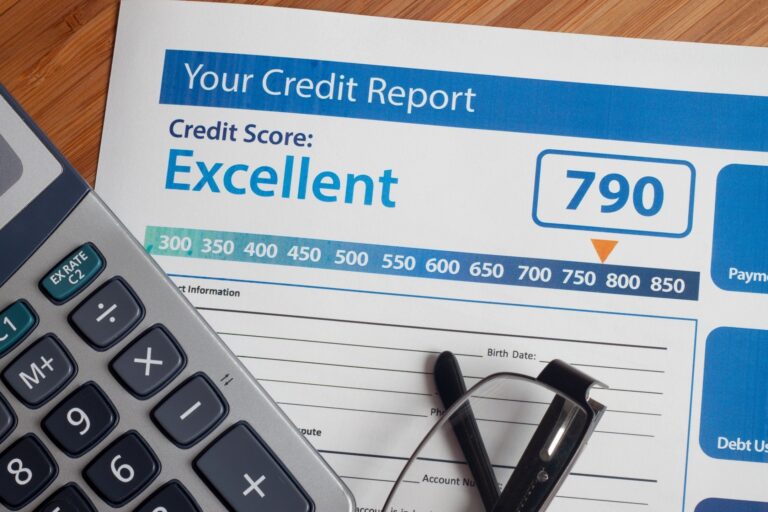Managing your credit score can be an intimidating task, particularly due to the prevalence of misconceptions about credit scores. In this comprehensive guide, we debunk five common credit score myths, empowering you to make informed decisions about your credit and develop healthy financial habits.
Myth #1: Closing Credit Accounts Improves Credit Scores
The Impact of Closing Credit Accounts on Credit Utilization Ratio
Closing a credit account might appear to be a quick solution for reducing debt, but it can actually harm your credit score. When you close a credit account, your overall credit limit decreases, increasing your credit utilization ratio. A high credit utilization ratio can significantly lower your credit score, as it indicates excessive reliance on credit to meet financial needs.
The Importance of Average Age of Credit Accounts
Another factor that influences your credit score is the average age of your credit accounts. When you close a credit account, you reduce the average age of your credit accounts, which credit bureaus consider when calculating your credit score. A longer credit history is generally better for your credit score, so closing a long-standing credit account can negatively impact your credit score.
Strategies for Managing Credit Accounts Responsibly
Instead of closing credit accounts, keep them open to maintain a positive credit history and a healthy credit score. Use your credit accounts responsibly by making timely payments and keeping your credit utilization ratio low.
Myth #2: No Credit is Worse Than Bad Credit
The Benefits of Having No Credit Over Bad Credit
Having no credit may seem like a disadvantage, but it’s actually better than having bad credit. With no credit, you have a clean slate to work with and can avoid the negative impacts of bad credit, such as higher interest rates or being denied credit altogether.
Building Credit from Scratch
With no credit, you have the opportunity to build your credit score from scratch. Start by applying for a secured credit card, which requires a deposit to secure the credit limit. Establishing credit through on-time payments and low credit utilization will help you build a strong credit history.
Avoiding the Long-Term Consequences of Bad Credit
Bad credit can stay on your credit report for up to seven years, making it difficult to get approved for credit or loans during that time. By starting with no credit, you can avoid these long-term consequences and set yourself up for financial success.
Myth #3: Carrying Credit Card Debt is Better Than No Debt
The Dangers of Carrying Credit Card Debt
Carrying credit card debt can lead to long-term financial struggles and negatively impact your credit score. Contrary to the myth, maintaining a high credit card balance can result in a higher credit utilization ratio, which can lower your credit score. Additionally, carrying debt can lead to costly interest charges that make it difficult to pay off your debt.
Using Credit Cards Responsibly
To maintain a healthy credit score, it’s crucial to use your credit cards responsibly. Pay off your credit card balance entirely every month to avoid interest charges and maintain a low credit utilization ratio. Use your credit card at least once a quarter to keep your account active and avoid closure due to inactivity.
Myth #4: Checking Credit Reports Lowers Credit Scores
Understanding the Difference Between Soft and Hard Inquiries
Checking your credit report is considered a “soft inquiry” and does not impact your credit score. Soft inquiries occur when a potential lender checks your credit history to determine whether to approve you for a loan or credit card. These inquiries have no impact on your credit score and can occur without your permission.
On the other hand, “hard inquiries” can impact your credit score. Hard inquiries occur when you initiate a credit check, such as when you apply for a loan or credit card. These inquiries can remain on your credit report for up to two years and can have a negative impact on your credit score.
Regularly Checking Your Credit Report
It’s important to regularly check your credit report to ensure that all information is accurate and up-to-date. Errors on your credit report can negatively impact your credit score and make it difficult to obtain credit in the future. By checking your credit report regularly, you can catch errors early and take steps to correct them.
Myth #5: Debt Settlement is Always the Best Option for Debt Relief
The Consequences of Debt Settlement
Debt settlement can have significant consequences and should be considered carefully. Debt settlement can negatively impact your credit score and have tax implications, as the amount of debt forgiven in a settlement is considered taxable income.
Exploring Alternative Debt Relief Options
Before pursuing debt settlement, explore all of your options, such as credit counseling or debt management plans. These options can provide a more sustainable solution for getting out of debt without negatively impacting your credit score.
The Bottom Line
Credit scores play a critical role in our financial lives, and understanding how they work is essential for achieving financial stability. By debunking these common credit score myths, we hope to empower you to take control of your finances and build a healthy credit score. Remember to keep your credit card balances low, establish a credit history, use credit wisely, regularly check your credit report, and explore all your options before settling debt. With these tips, you can achieve financial stability and secure your financial future.









